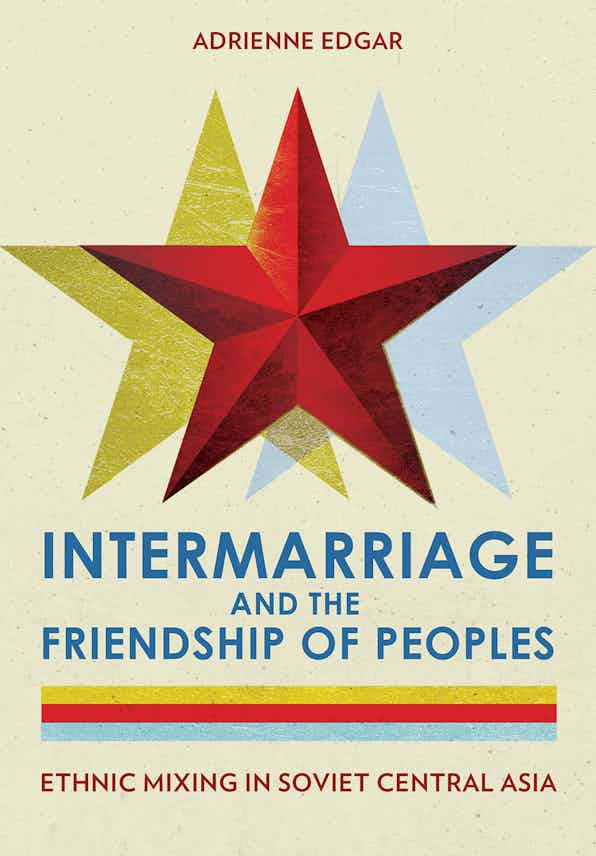Blackness in Mestizo America: The Cases of Mexico and Peru
Latino(a) Research Review
Volume 7, Number 1 (2008)
pages 30-58
Tanya Golash-Boza, Professor of Sociology
University of California, Merced
Christina A. Sue, Associate Professor of Sociology
University of Colorado, Boulder

In the PBS film series, Black in Latin America, Henry Louis Gates, Jr. takes on the ambitious task of depicting blackness in six countries – the Dominican Republic, Haiti, Cuba, Brazil, Mexico, and Peru – to a primarily “American” audience. Given that Latin America and the Caribbean have the largest concentration of persons of African descent outside of Africa, the documentary is an important one. Gates’ coverage of “blackness”1 in these countries is comprehensive, spanning from the time of slavery to the present, with a primary focus on the cultural contributions, social experiences, and identities of individuals of African descent in these regions. However, Gates’ research traditionally has not focused on race in Latin America and, as scholars positioned more centrally in this field, we found some of his characterizations and treatment of the topic to be problematic. In this and the following commentary articles, scholars of race in the featured countries engage in a critical analysis of the documentary.
We begin with an examination of Gates’ presentation of blackness in Mexico and Peru. In contrast to the other countries featured in the series, Mexico and Peru fall within mestizo America; their populations are mainly comprised of mestizos2 and Indigenous peoples and they have relatively small populations of African descent. Moreover, blackness is marginalized in the historical narratives and national ideologies (state-sponsored belief systems) of these countries. Consequently, many people are unaware of the nations’ African heritage. The film endeavors to expose this hidden history…
Read the entire article here.



